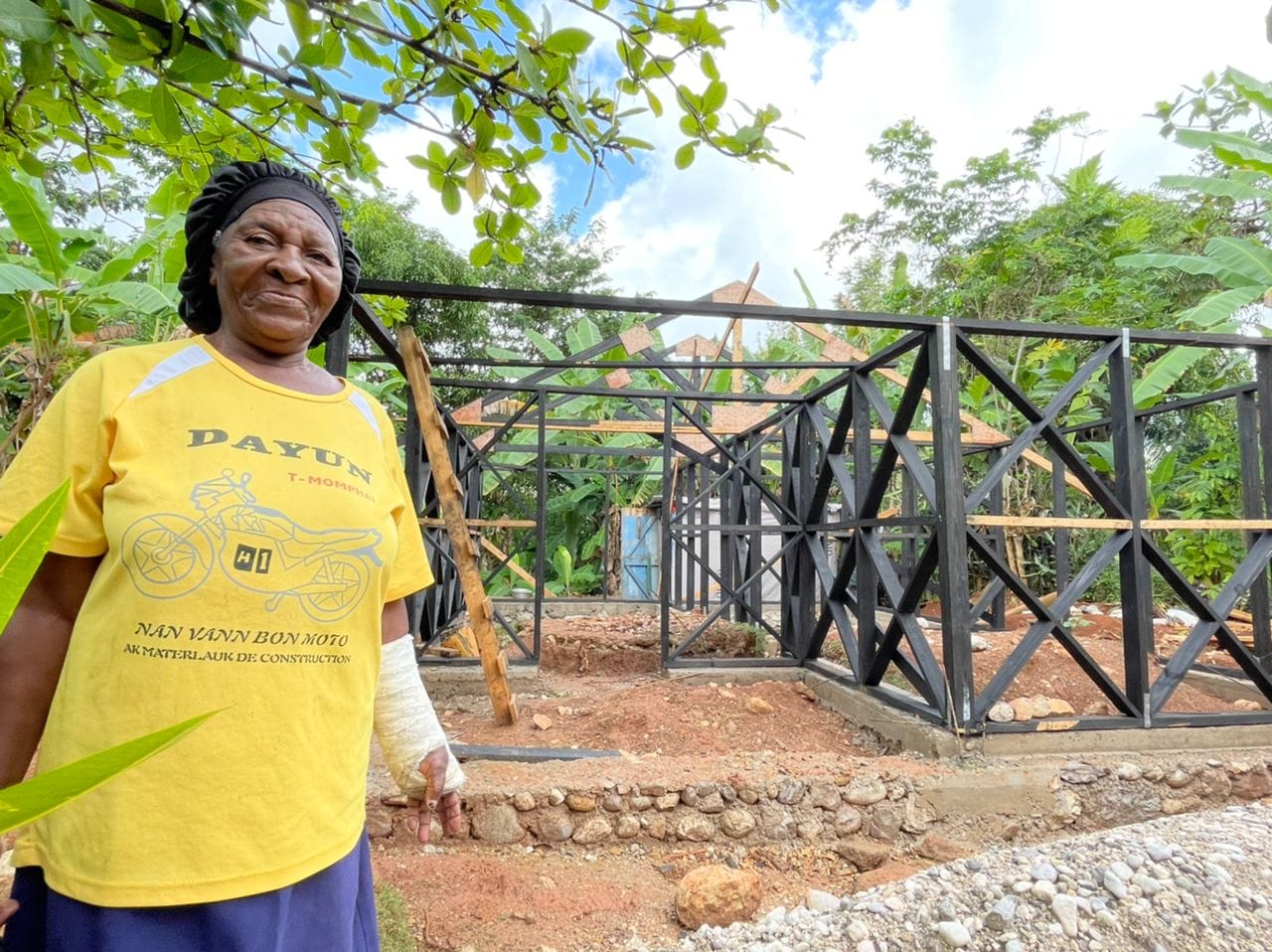


Niall O’Rourke, ACT Alliance Head of Humanitarian Affairs and Cyra Bullecer, Humanitarian Operations Manager, were interviewed for ACT’s 2021 Annual Report about ACT’s emergency preparedness and humanitarian response programme.
What is ACT’s Humanitarian Mechanism and how does it work?
ACT’s Humanitarian Mechanism consists of three pillars: Emergency Preparedness, Rapid Response and our Appeal funded work. It is mandatory for all ACT members and forums around the globe to have Emergency Preparedness and Response Plans (EPRPs). These plans set out how members and forums work together, coordinate, and share capacities before, during, and after humanitarian crises. In their preparedness plans, ACT members identify hazards and risks so that when a crisis hits, they can respond. These plans are linked to the wider resilience approaches used by ACT members to help communities mitigate risks and prevent disasters. For example, houses built in Haiti after a previous earthquake were designed to be stable in future earthquakes.
ACT’s Rapid Response Fund (RRF) allows local and national ACT members to respond in a timely and effective manner to small and medium-scale emergencies. Emergencies funded through the RRF can be rapid onset (such as an earthquake or flood); slow onset, requiring an early response (such as drought); or of a complex humanitarian nature (for example, conflict driven displacement). Through the RRF, local ACT members are resourced to be agile and respond to crises in their operational context in a timely and efficient manner, helping to save lives and respond to emergency needs.
The third pillar of ACT’s Humanitarian Mechanism is the ACT Appeal. ACT Appeals are designed to allow members to respond to large-scale humanitarian crises. ACT Appeals also seek to strengthen local response systems. This ensures effective delivery of humanitarian assistance alongside programme activities that strengthen local partners and communities.
ACT’s revised humanitarian policy was approved by the Governing Board in 2021. Tell us what’s new about it?
The revised ACT humanitarian policy builds on the strengths of ACT’s humanitarian work. Ensuring ACT members can deliver high-quality, locally led humanitarian response programmes is a strategic priority for the ACT Secretariat. We are doubling the emergency funds exclusively available to local and national members. The Rapid Response Fund allows local and national members to respond to small and medium-sized crises.
Local and national members can now access to up to $150,000 USD in any relevant humanitarian crisis. For example, members in Brazil were able to access $150,000 USD for the January 2021 floods, whilst members in Indonesia accessed funds for the earthquake that struck West Sulawesi.
In 2021, a total of 12 local organisations accessed the Rapid Response Fund to respond to localised and medium-level crises. Most of these organisations were linked to our member churches, many of which are already mobilised to respond to a disaster.
Increasing the level of funding available to local members is also consistent with the Grand Bargain of 2016, a set of commitments which major donors and humanitarian agencies have subscribed to. Localisation is central to the Grand Bargain, putting local communities at the centre of decision-making.
How does localisation benefit communities?
ACT understands localisation as a process of giving primacy to the humanitarian solutions of first responders, communities, and diverse forms of local civil society. Past experiences with international humanitarian aid have shown that when communities don’t own the humanitarian response, there’s a high chance of abuses of power.
Communities understand their own hazards best. If the community is at the centre of decision making before, during, and after a humanitarian crisis it can ultimately emerge stronger and better prepared for the future.